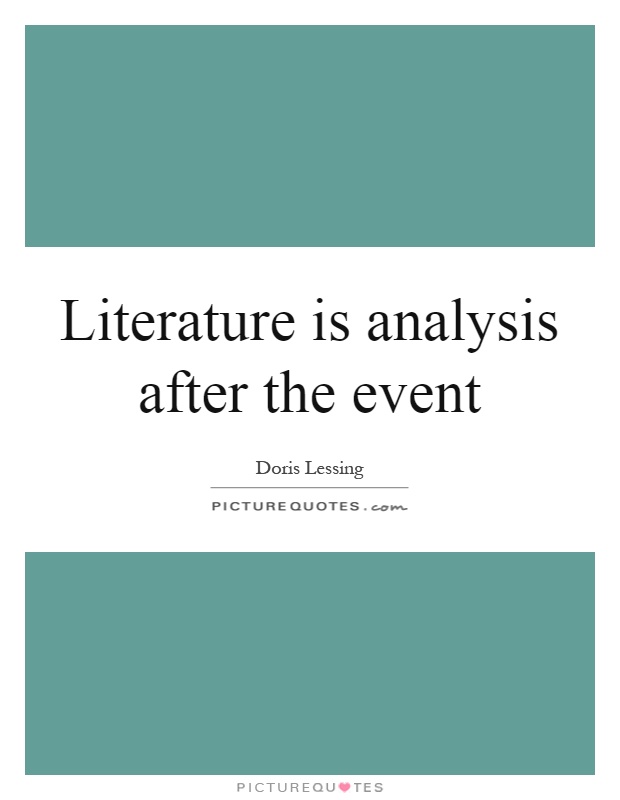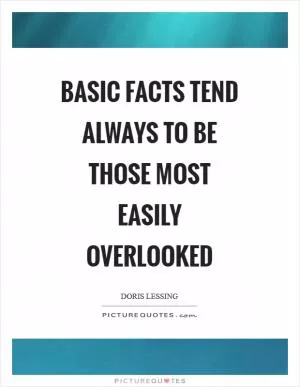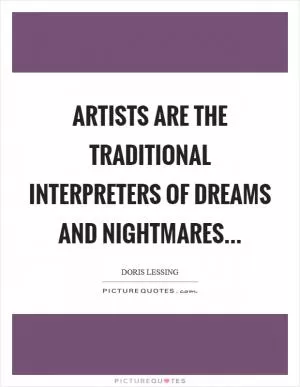Literature is analysis after the event

Literature is analysis after the event
Doris Lessing, a prolific and influential writer, is often associated with the idea that literature is analysis after the event. This concept suggests that literature serves as a reflection and interpretation of past events, allowing readers to gain insight and understanding that may not have been apparent in the moment. Lessing's own works, including her acclaimed novel "The Golden Notebook," exemplify this idea as they delve into complex themes and offer profound insights into human nature and society.In "The Golden Notebook," Lessing explores the intricacies of female identity, politics, and relationships through the story of protagonist Anna Wulf. The novel is structured in a fragmented and nonlinear way, reflecting the fragmented nature of Anna's own life and psyche. Through Anna's various notebooks, which she uses to compartmentalize different aspects of her life, Lessing delves into the complexities of gender roles, mental health, and the struggle for personal and political autonomy.
Lessing's exploration of these themes in "The Golden Notebook" can be seen as a form of analysis after the event. By presenting these issues in a fictional context, Lessing allows readers to engage with and reflect on them in a way that may not have been possible in the midst of the events themselves. Through Anna's struggles and triumphs, readers are able to gain a deeper understanding of the complexities of human experience and the ways in which societal norms and expectations can shape individual lives.
Furthermore, Lessing's own life and experiences inform her writing and contribute to the depth and complexity of her work. As a woman who lived through significant social and political changes, including the rise of feminism and the end of colonialism, Lessing brings a unique perspective to her writing that allows her to offer insightful analysis of past events and their impact on individuals and society.












 Friendship Quotes
Friendship Quotes Love Quotes
Love Quotes Life Quotes
Life Quotes Funny Quotes
Funny Quotes Motivational Quotes
Motivational Quotes Inspirational Quotes
Inspirational Quotes